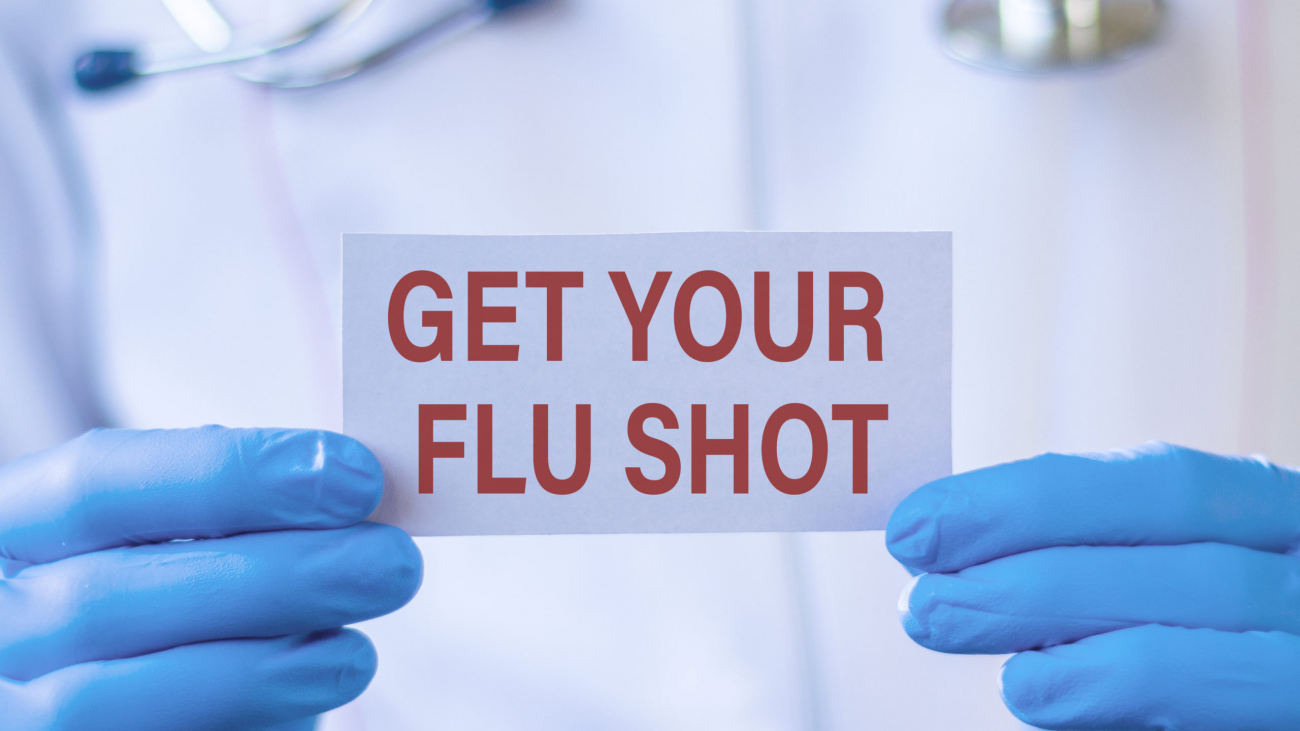It’s that time of year again! Fall has arrived, and following closely behind, flu season. Have you gotten your annual flu shot yet?
Nearly every person ages 6 months and older needs to be vaccinated against the flu each year. While that’s what the Centers for Disease Control and Prevention recommends for every year, getting your annual flu shot is especially important in 2020. But why is that?
Read on as our Mountain Hope Good Shepherd Clinic team answers some commonly asked questions.
Why Do I Need a Flu Shot Every Year?
Before we dive into why flu shots are so important this year, let’s first answer this common question.
Many people wonder why the flu shot isn’t like many childhood vaccines, where you get one shot—or maybe a shot followed by a booster shot some time later—and are all set.
It’s because the flu vaccine works differently. Each year, different strains of the flu (also known as influenza) spread around, causing illness. Because of that, the flu vaccine is reformulated each year to protect against the strains of the flu thought to be most common that flu season.
The flu vaccine typically provides protection against two strains of influenza A and two strains of influenza B.
While you can still get the flu after getting a flu shot, it’s less likely. In addition, even if you do get the flu after being vaccinated, your version of the flu will be shorter in duration and less severe.
What Makes the Flu Shot Important This Year?
Knowing that you should be vaccinated every year, why is a flu shot even more important in 2020? It’s because of the unique circumstances we find ourselves in currently.
This year, the flu season—which begins around November and continues through March or April—will overlap with the ongoing COVID-19 pandemic. Consider this: In the 2018–2019 flu season, more than 35 million Americans got the flu, 16.5 million went to the doctor because of the flu, 49,000 people were hospitalized, and more than 34,000 died.
With COVID-19 already stressing out the American healthcare system, if patients start flooding into doctors’ offices and hospitals with the flu, it could cause chaos.
Getting your family vaccinated against the flu can reduce the likelihood that you will need to be hospitalized due to the illness, cutting down on the risk of what experts are calling a “twindemic.”
When Should I Get My Flu Shot?
Experts recommend getting your annual flu shot each year by the end of October. This allows your body enough time to build up antibodies against the flu after receiving the vaccination, a process that takes around two weeks.
If you aren’t able to get your flu shot by then, it’s OK. Getting a flu shot after that time will still provide you with some protection for the rest of the flu season.
What Else Can I Do to Prevent the Flu?
Many of the same habits we’ve been practicing since early this year to prevent the spread of COVID-19 are also helpful in reducing your risk of the flu:
● Wash your hands often with soap and water for at least 20 seconds at a time.
● Use a hand sanitizer containing at least 60 percent alcohol if soap and water aren’t
accessible.
● Disinfect commonly touched surfaces and objects, such as doorknobs and your phone,
often.
● Wear a mask when in public and unable to keep six feet between yourself and others.
● Avoid crowds and large gatherings.
● Don’t touch your face with unwashed hands.
Need a flu shot? Stay tuned to our Facebook page for the latest information about when the flu vaccine will be available, or call (865) 774-7684.

